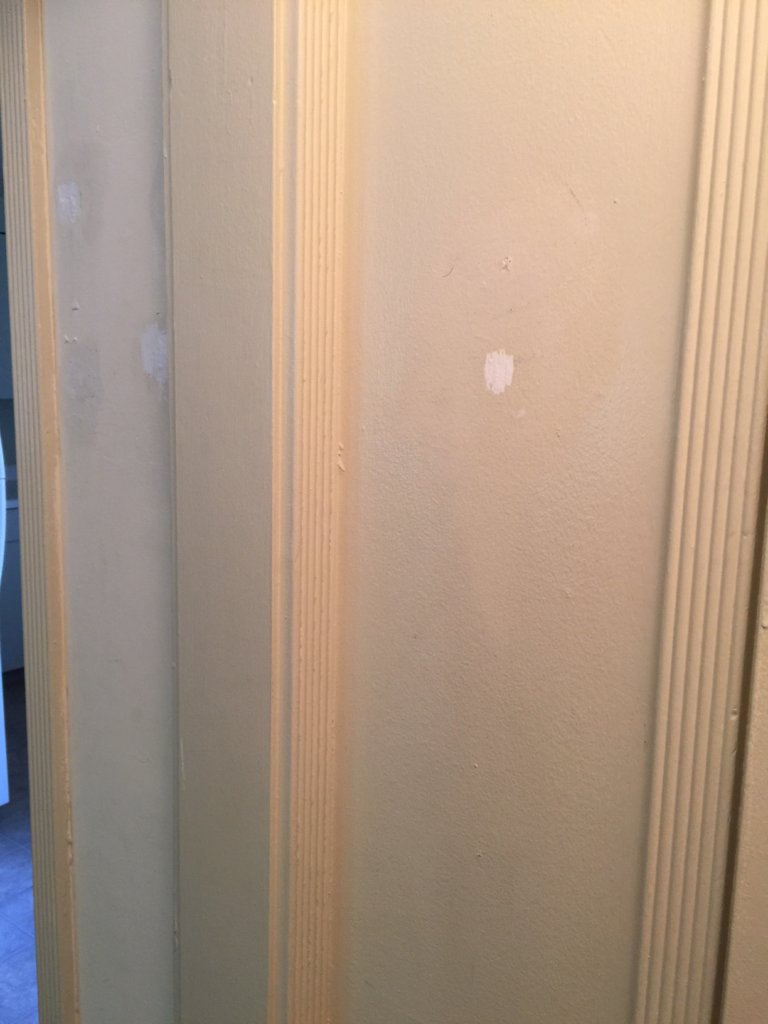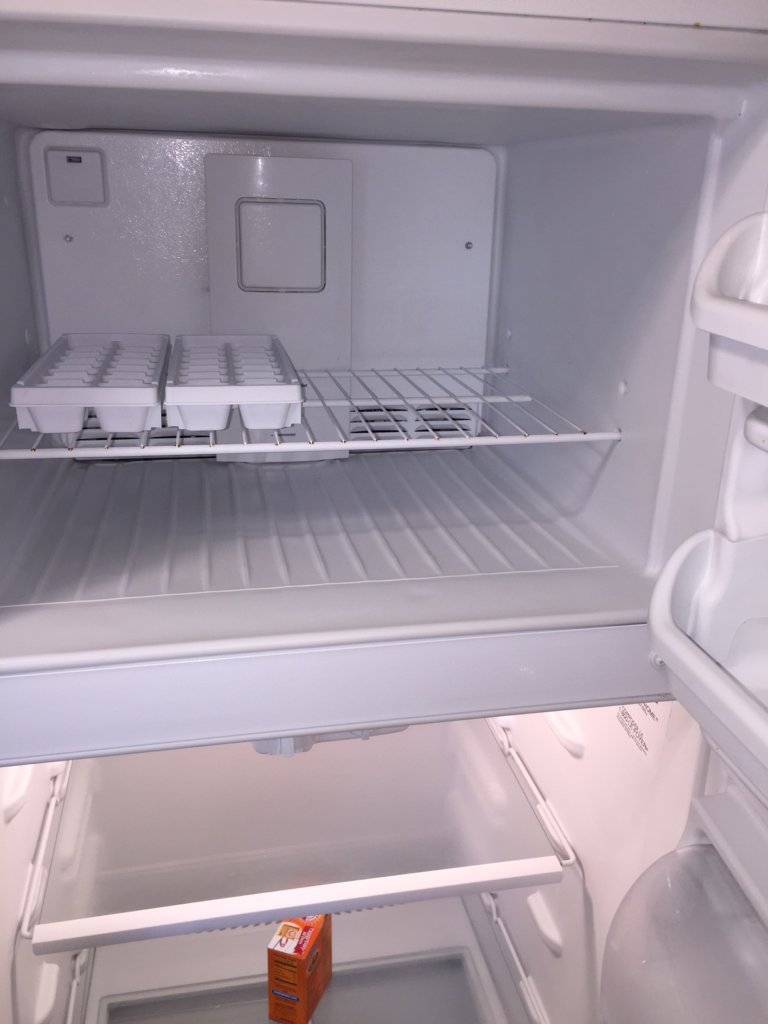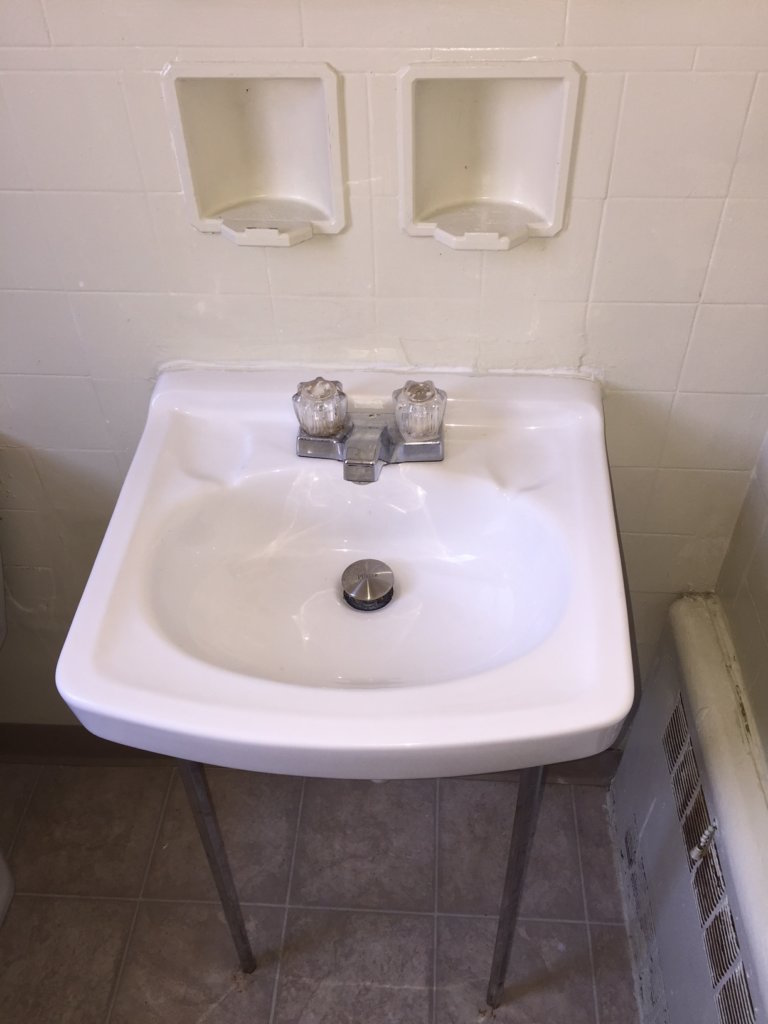Aug 22, 2016 – Whether you’re moving into an apartment, have been living in one for a while, or are on the verge of moving out, one of the biggest questions renters have is “How do I get my security deposit back?”
No one wants to be out hundreds of dollars at the end of their lease because they left their apartment in poor condition or didn’t follow the rules.
That’s why it’s important to know what’s allowed and expected at your specific apartment or property before you even move in.
Taking the time to read your contract carefully and consulting with your landlord or property manager beforehand could save you lots of time, money and hassle and help you get your security deposit back when you move out of your apartment.
Why do I have to pay a security deposit?

A security deposit is a way for a landlord to ensure that their tenant will uphold the responsibilities of their lease and to cover any damage done by the renter to the property.
What a security deposit is for
Contrary to what many renters believe, a security deposit isn’t a way for your landlord to con you out of more money.
Instead, it’s a way for your landlord to protect themselves. If you follow all of the rules of your lease and keep your property in good shape, you should expect to get your security deposit back.
As Scott Hunt, President of Kenmore Development, says,
With some renters I believe there is a misconception that we want to keep security deposits. That somehow they are a money maker for Kenmore Development.
Nothing could be further from the truth. Kenmore Development seeks to establish clear expectations of an apartment’s condition at move-out so resident can receive a full security deposit refund. We want our residents to leave on a positive note.
When You Move Into A New Apartment
The biggest thing you can do to ensure you get your security deposit back is to know and follow all rules of the property.
If you break the terms of your lease, you can lose your security deposit. In fact, 40% of renters in a Rent.com survey lost their deposit for this very reason.
Read Your Rental Agreement & Inspect Your Apartment
Before moving into your new apartment, it’s also important to understand your landlord’s policies on customizing and decorating, such as painting, hanging items or installing new lights, having pets (including weight limits or breed restrictions) and terminating the lease.
If you receive verbal permission to do anything that isn’t covered in the terms of your lease, make sure you get it in writing to avoid problems down the line.
You should also carefully inspect the apartment and document all existing problems before moving in to avoid being charged for damage when you move out.
In some cases, your landlord may make repairs before you move in. If not, you should carefully document all existing issues.
We inspect all of our apartments thoroughly before new residents move in, but if you have any problems with your residence please contact a property manager as soon as possible.
Before You Move Out
At Kenmore Development properties we ask that our residents respect the following regulations when moving out in order to help maximize their chances of getting their security deposit back.
We’ve broken it down room-by-room so you’ll know exactly what steps to take when preparing to move out of your apartment.
Before moving out, we recommend doing the small repairs we’ve listed, but you should talk to your landlord before doing any larger repairs to avoid making the situation worse and having to forfeit your security deposit.
Because individual situations will vary, we can’t guarantee you’ll get your security deposit back if you follow these tips, but we hope they can serve as a helpful guideline to put you in the best position possible to get your money returned when you move out.

Living Room, Dining Room & Bedroom
- Walls: Your apartment will be repainted after you leave so make sure we can get right to painting when we step into the apartment. That means removing any decorations, decals, picture hanging nails, curtain rods, TV mounts, etc. Make sure to have spackle on hand to fill in those holes!
- Windows: Wipe down window sills with Windex and a rag, and give your windows a wipe down as well. Cracked, broken or dirty blinds must be replaced, so take down dirty/damaged blinds and bring them with you to Home Depot, Lowe’s or a similar store to make sure you get a replacement that’s the right size. The average cost will be around $6 versus $10-$15 if we do it for you, so it’s worth taking care of yourself.
- Flooring: Make sure that there is no debris or garbage left on the floor. Vacuum your carpet thoroughly or mop out your hardwood floors prior to the inspection. In addition, make sure to wipe down all baseboards to make sure they aren’t covered in dust or pet hair (we usually find dirty baseboards behind where your couch, bed or desk were).
- Ceiling fan: Many of our apartments come with a ceiling fan in the dining area. Hop up on a step stool and give that thing a thorough wipe down (or get a tall friend to do it for you). You won’t believe how dirty those things get!
Kitchen

- Stove: Get a good degreaser (Easy Off is what we use) and spray down your stovetop and oven. Let the cleanser set for a while and then get to scrubbing. There’s no real cheat code for getting a stove clean, so put some elbow grease into it! Those drip pans under the stove’s burners are awful to clean, so you’re better off grabbing a new set from the hardware store. Just bring yours with you so you get the correct size. We charge $5 apiece for drip pans, so picking some up will be worth your while.
- Fridge: Clean the inside and outside until it’s spotless and dispose of all food. We’ve found that wiping the inside down with a cleanser and a sponge works well if you’ve got a dry rag or paper towel to help you dry and finish off the job.
- Counters and sink: These should be thoroughly cleaned, with no visible residue or dirt.
- Cupboards: Make sure no food or debris is left in your cupboards or under the sink.
- Floor: Mop out your floor after finishing the rest of your kitchen cleaning.
Bathroom

- Counters and sink should be squeaky clean. Clean out and remove all items from under the sink.
- Use a toilet brush and cleaner to scrub the toilet, especially if the bowl is stained.
- The biggest rule: Pretend you’re having someone you’d like to date over to your place for the first time and make it look like that!
Cable/Internet
- Make sure you leave any equipment we provided for your cable service inside the apartment. If you had Dish Network (as the majority of our properties do) then make sure the receiver, remote, cable, splitter, HDMI cord and component cables are left in your closet.
- Our Delaware Park apartment residents with Time Warner Cable internet need to return their modem to Time Warner Cable prior to moving out so the company doesn’t charge them for unreturned equipment.
Garbage/Leftover Items
- Kenmore Development (and most properties) get charged for the removal of large garbage such as couches, tables and other furniture. That cost gets passed on to residents who decide to throw out large items rather than moving them. Plan ahead and call the Salvation Army, Goodwill or another organization and arrange to donate–many will even pick up your items.
- And don’t even think of leaving old tube TVs…those things cost a fortune to get rid of!

 Fair Housing Notice
Fair Housing Notice 